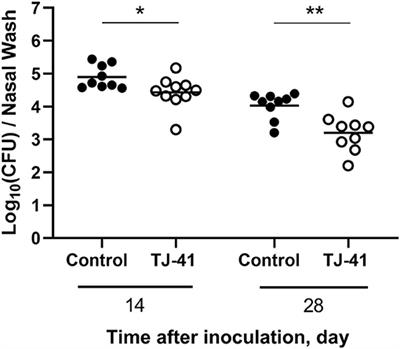EDITORIAL
Published on 25 Oct 2021
Editorial: Host-Pathogen Interactions During Pneumococcal Infection
doi 10.3389/fcimb.2021.752959
- 2,066 views
20k
Total downloads
96k
Total views and downloads
EDITORIAL
Published on 25 Oct 2021
MINI REVIEW
Published on 25 May 2021
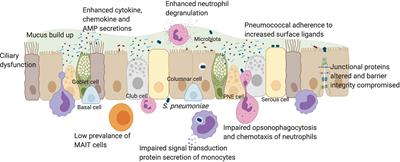
REVIEW
Published on 28 Apr 2021
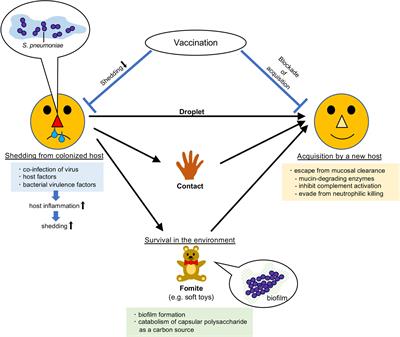
ORIGINAL RESEARCH
Published on 31 Mar 2021

REVIEW
Published on 23 Mar 2021
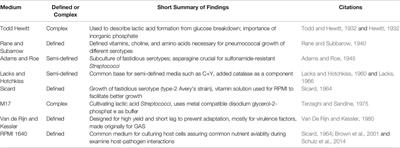
REVIEW
Published on 22 Mar 2021
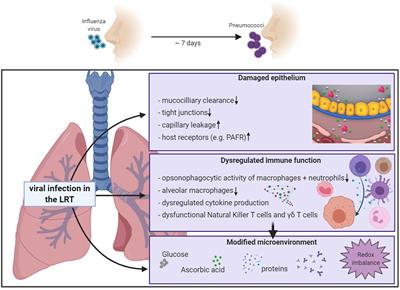
BRIEF RESEARCH REPORT
Published on 19 Mar 2021
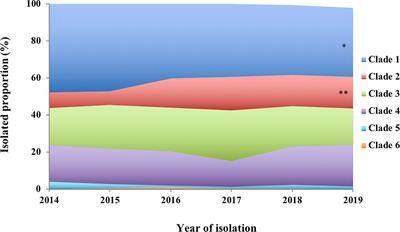
MINI REVIEW
Published on 16 Mar 2021
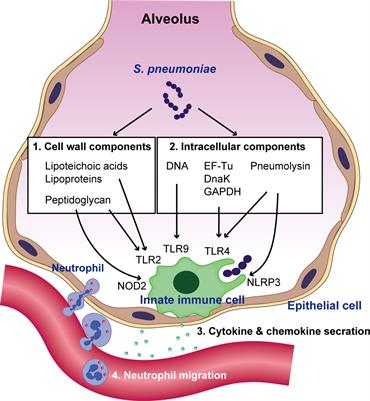
ORIGINAL RESEARCH
Published on 11 Mar 2021
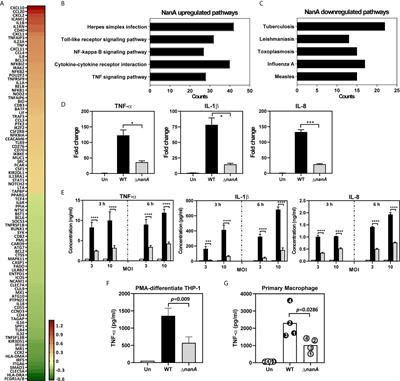
ORIGINAL RESEARCH
Published on 15 Feb 2021
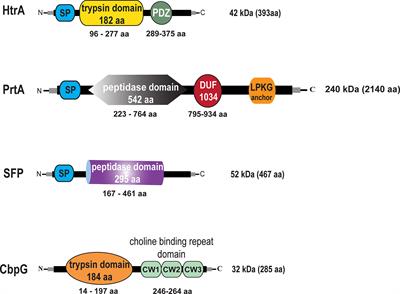
REVIEW
Published on 23 Dec 2020
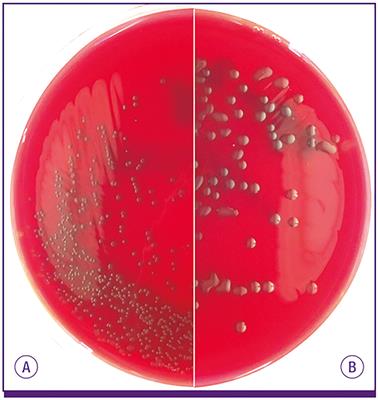
ORIGINAL RESEARCH
Published on 22 Oct 2020
